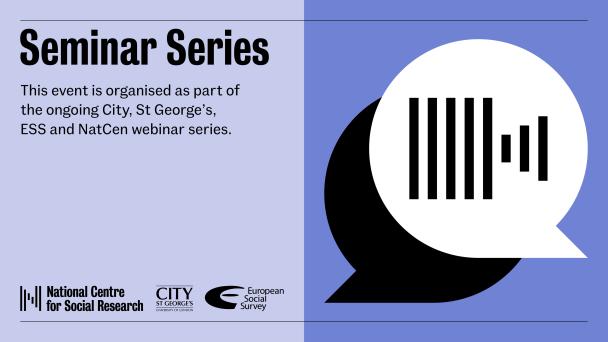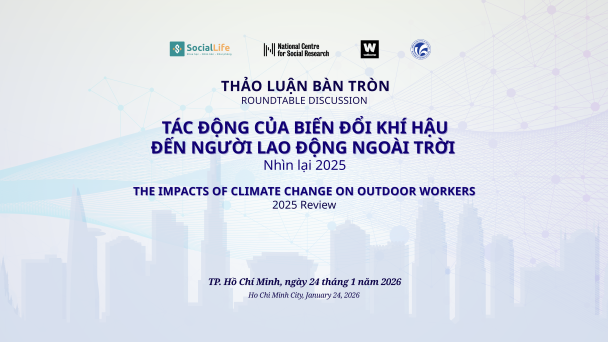Designing for comparability in a 3MC survey: Methodological experiments from the 2024 EWCS


Join NCRM for its 2024 annual lecture on Tuesday, 21 May. This prestigious event will bring together researchers from across the UK to discuss some of the latest advances in research methods.
The free lecture, which is part of NCRM's 20th anniversary celebrations, takes place in the magnificent surroundings of The Royal Society in central London. It will also be streamed online.
Researchers from any discipline and sector are welcome to attend. More details about the programme and speakers are available below.
In her presentation, Professor Marres will discuss the debates surrounding the use of AI in social research and argue that the new tools challenge the ability of the social sciences to engage with contexts and communities in society. Professor Marres will present a new set of methods and strategies that social researchers across disciplines have developed to address these challenges: situational mapping.
Drawing on recent research, she will show how this approach can be used to explore the ways that AI affects particular people and places. Professor Marres will explain how interdisciplinary methods can enable researchers to negotiate conflicting requirements that automation and participation place on social research.
The lecture, After the Automation of Methods: the Case for Situational Analytics, will conclude with reflections on the consequences of the rise of generative AI for relations between social science and society.
The growing popularity of generative AI as a research tool poses new challenges for the sciences of society. While computational methods have long played an important role in enabling social inquiry, AI advocates now claim that acts of knowledge production – from interpreting data to writing up results – can be delegated to automated systems. For the social sciences and humanities, this has reawakened classic concerns about their future in a techno-scientific age, as well as long-standing debates about what it takes to create knowledge of society. While some argue that the sciences of society should embrace the automation of methods, others insist that understanding society requires active engagement with specific places, people and contexts, today no less than before.
In this lecture, Professor Noortje Marres will show how a distinctive set of interdisciplinary methods – digital, visual and participatory methods of situational mapping – can enable us to navigate the challenges that AI poses to knowing society. These methods, which have roots in sociology, media studies and design research, offer a practical framework for negotiating the conflicting requirements that automation and participation place on social research in contextually-aware ways. Drawing on two recent research projects, Shaping AI and AI in the Street, the lecture will show how methods of situational analytics enable insight into the implications of AI for particular places and people, while equally enabling the evaluation of AI in society at scale.
The lecture will conclude with some reflections on the consequences of the rise of generative AI for the relations between social science and society. Far from rendering societal engagement irrelevant to scientific research, the drive to automation in both science and society reveals the degree to which the relations between them are interactive. Which is also to say: engagement across science/society is not a nice add-on to computational research, but indispensable to knowing society whether this involves automated methods or not.




Receive a regular update, sent directly to your inbox, with a summary of our current events, research, blogs and comment.
Subscribe